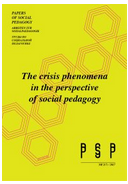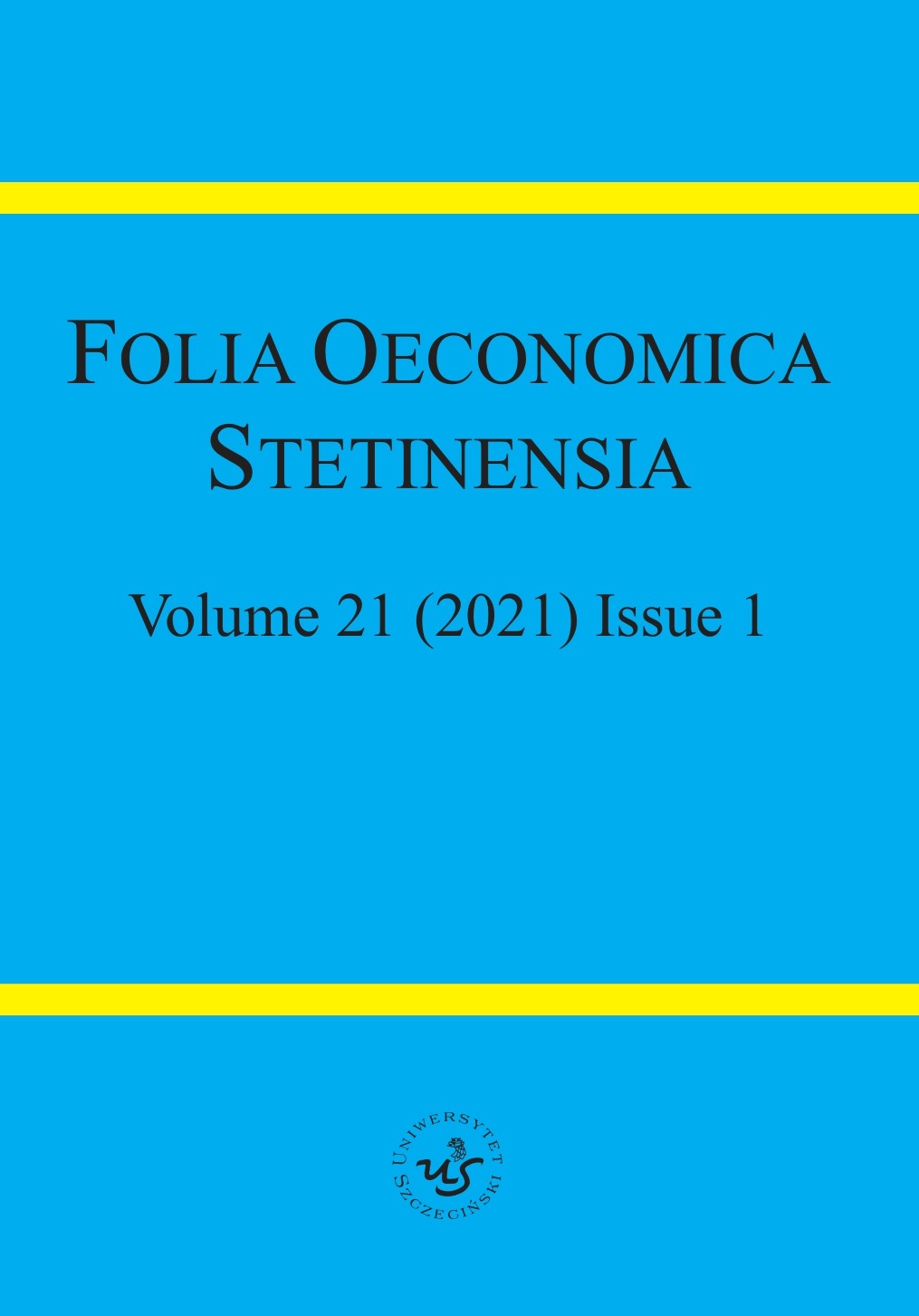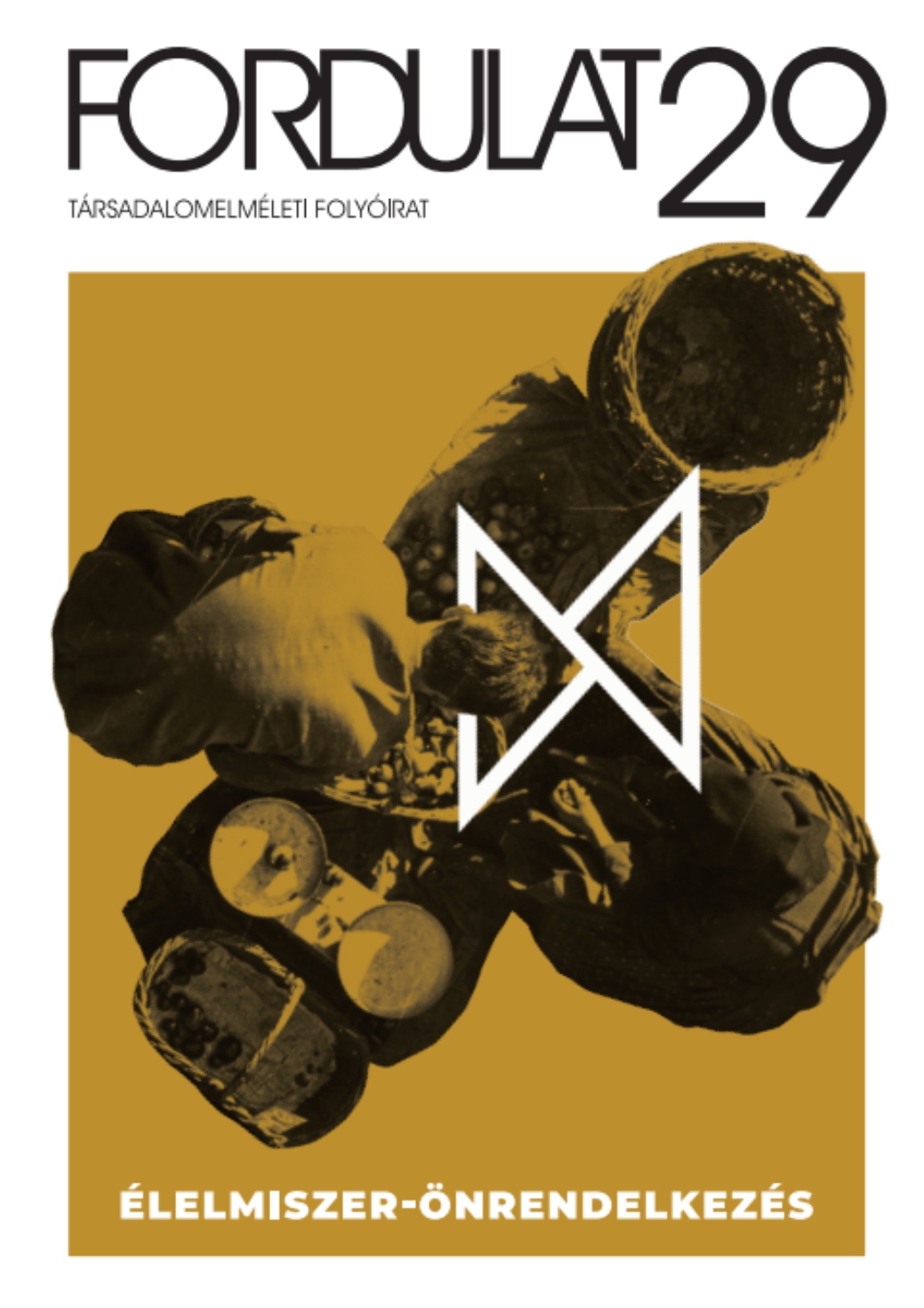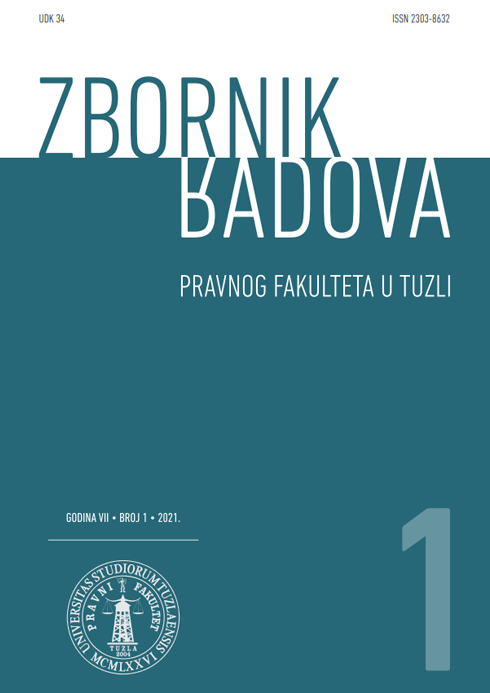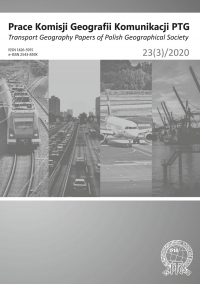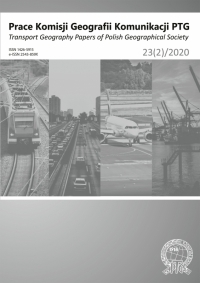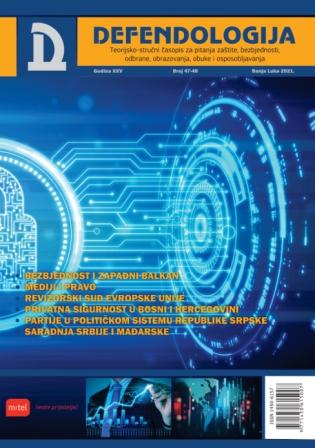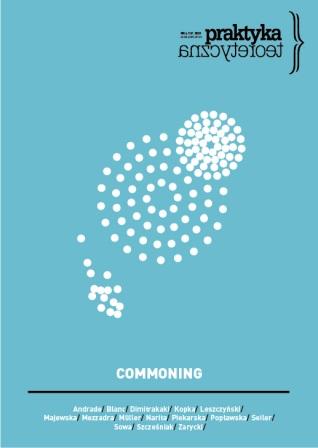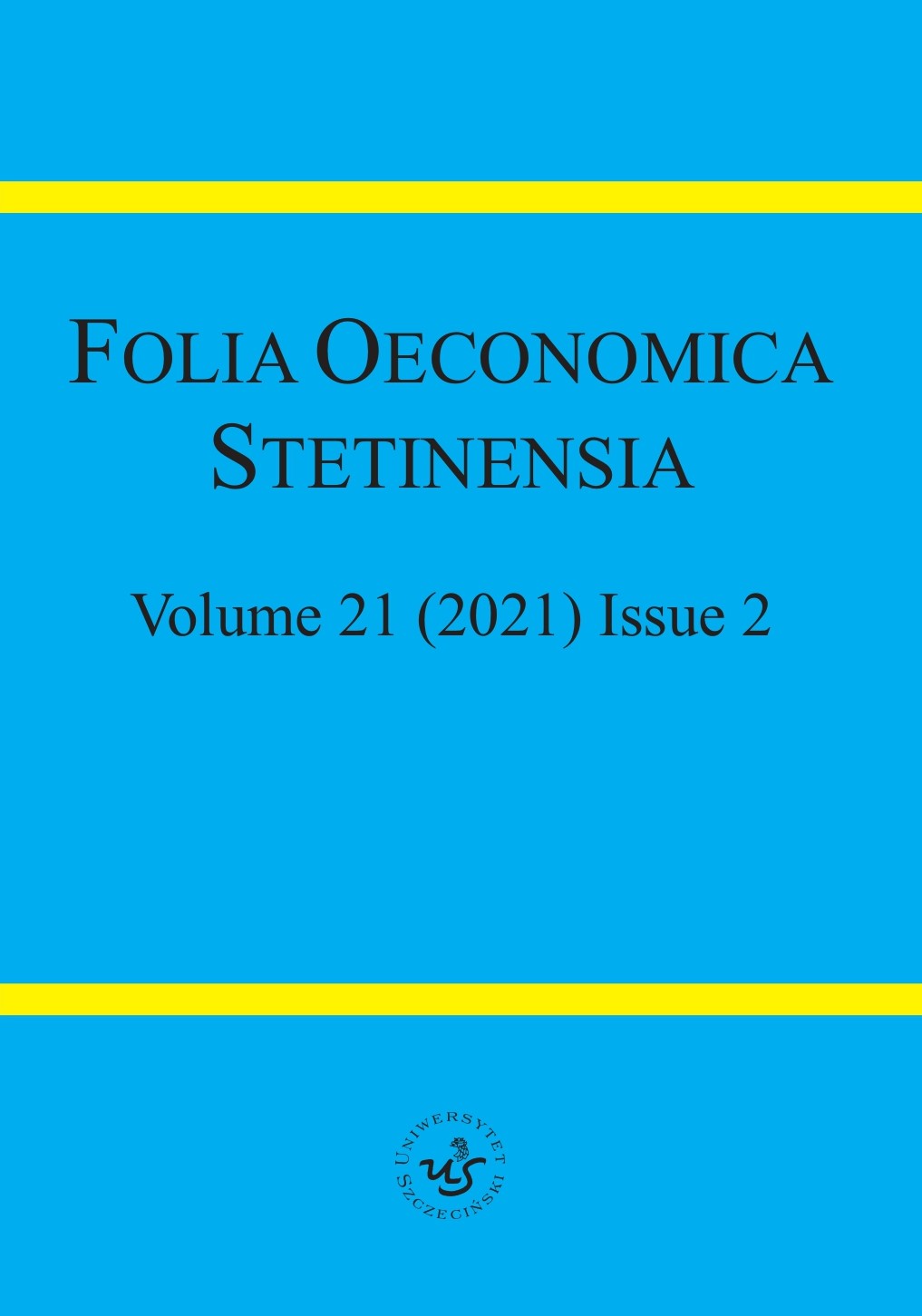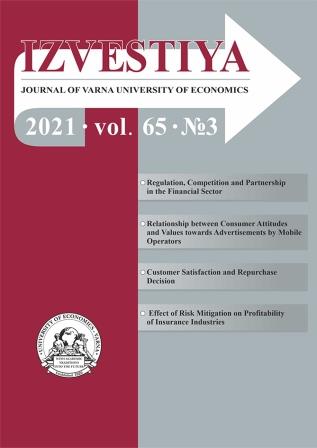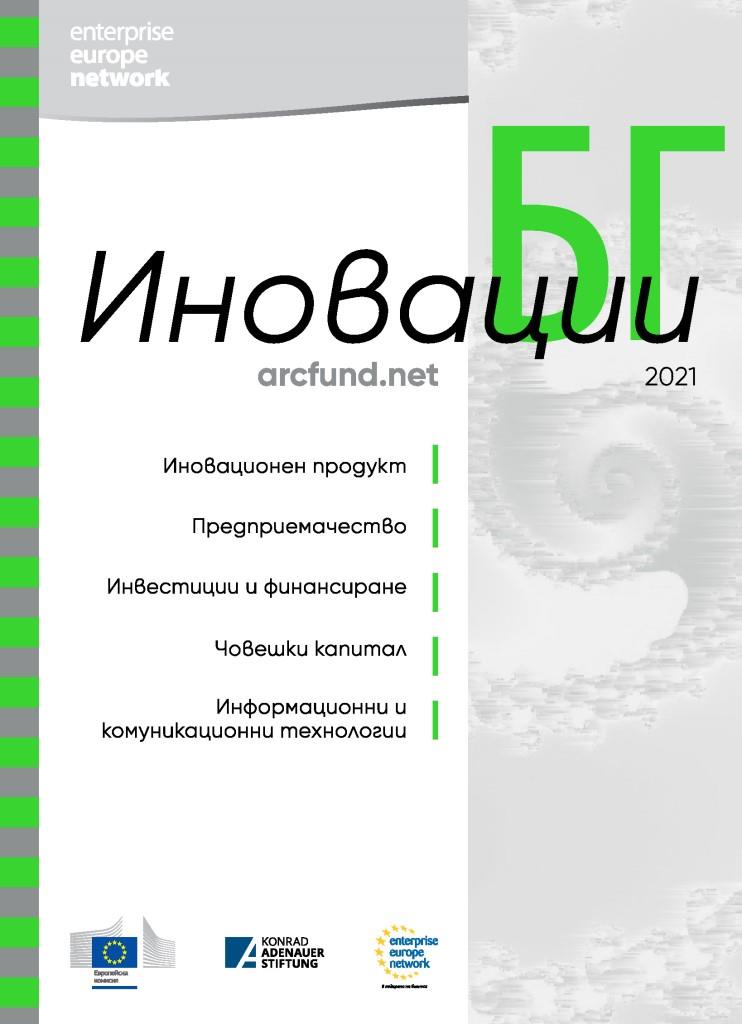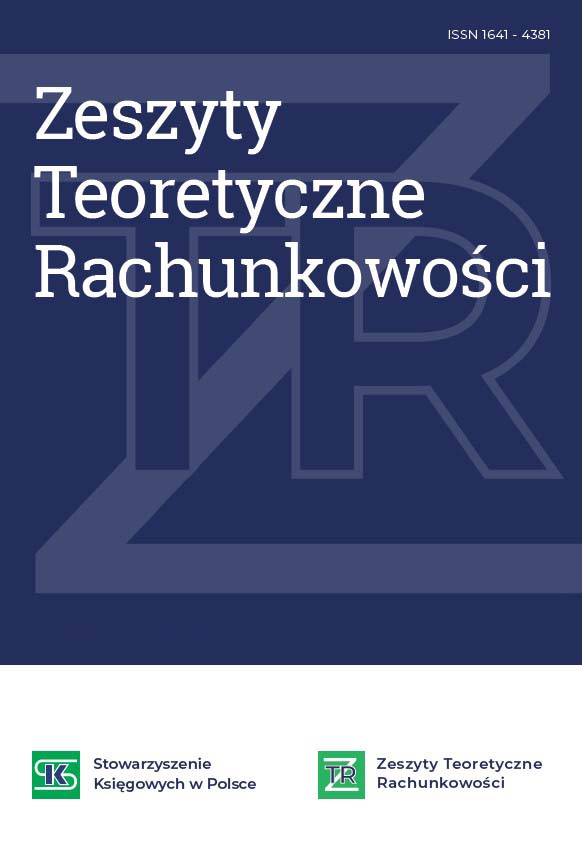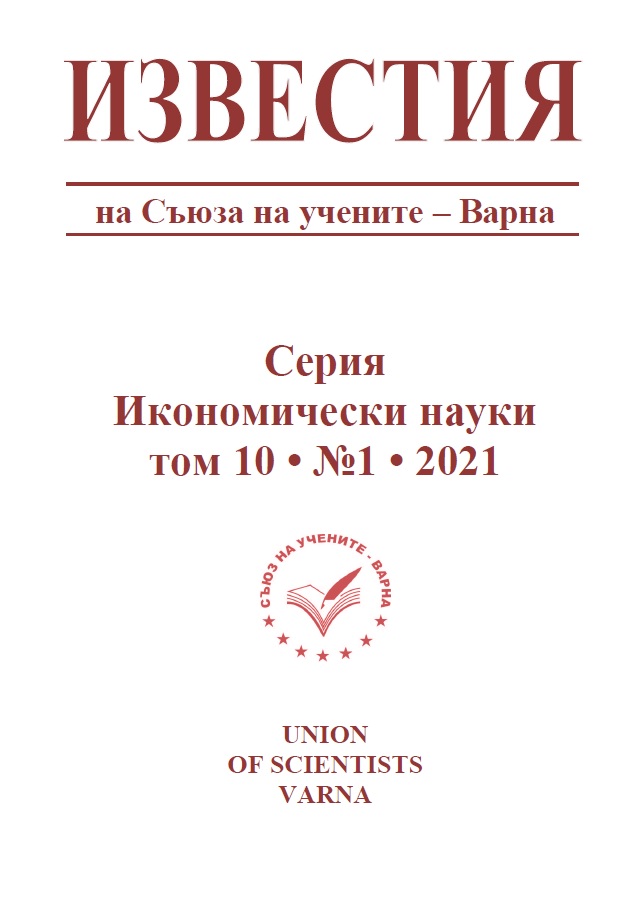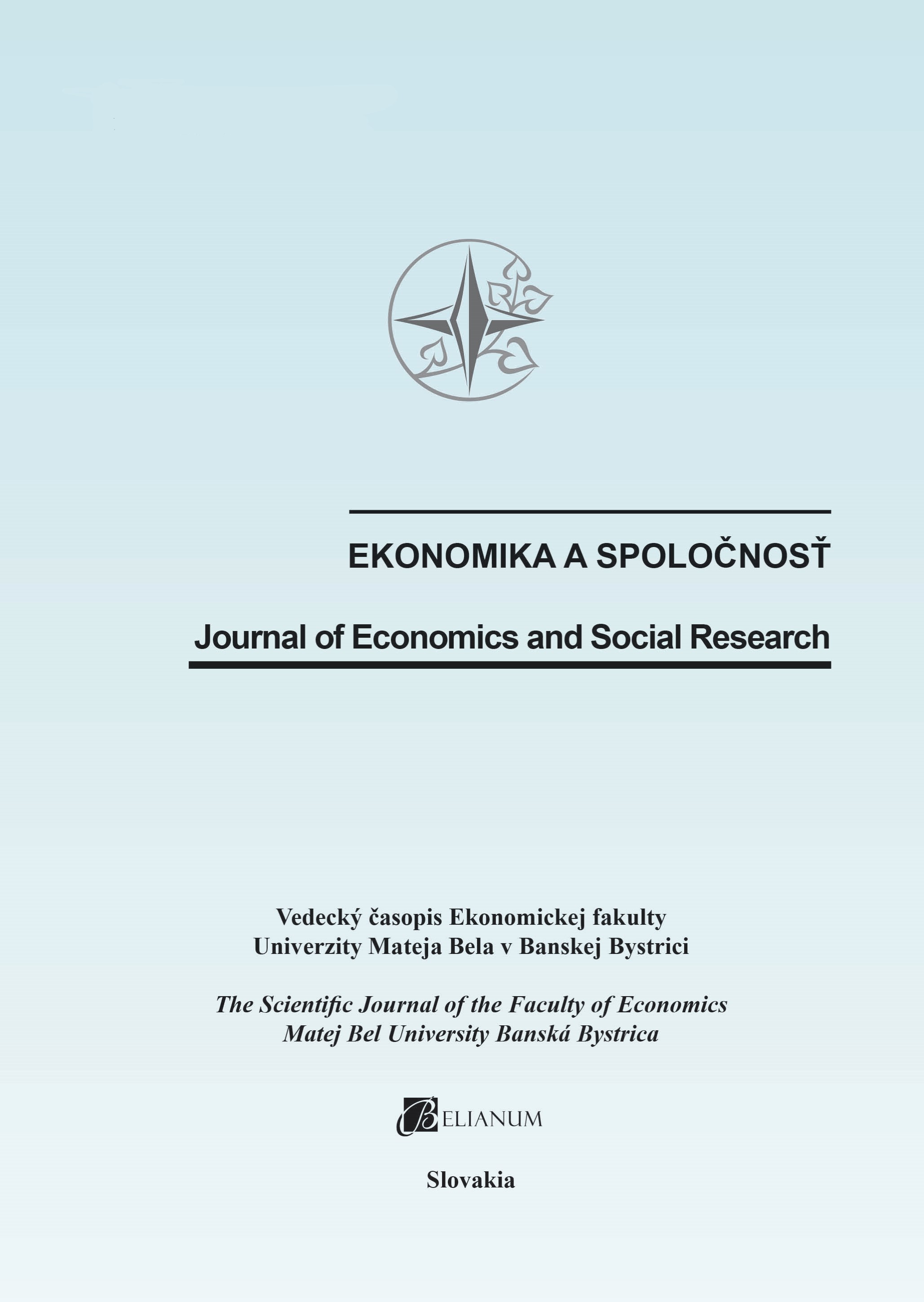
Barriers to internal communication in companies
The aim of the article is to identify the main barriers in internal communication in the company, which are perceived by employees of Slovak companies. The identification of the most common barriers in internal communication was carried out using a questionnaire survey among 508 employees of Slovak companies. The results were analyzed using descriptive statistics, Pearson Chi-Square test and Cramer's V. The most common barriers to internal communication include too much information, concealment of information, concerns about job loss, ridicule or mockery, personal relations between recipient and sender of information, or inappropriate selected communication channel. At the same time, there is a difference in how men and women or different age categories of employees perceive individual barriers. While women and younger employees more often perceive communicator relationships and concerns as a barrier, for men the barrier is an inappropriately chosen communication channel. Older employees more often consider a disproportionate amount of communicated information to be a barrier.
More...
